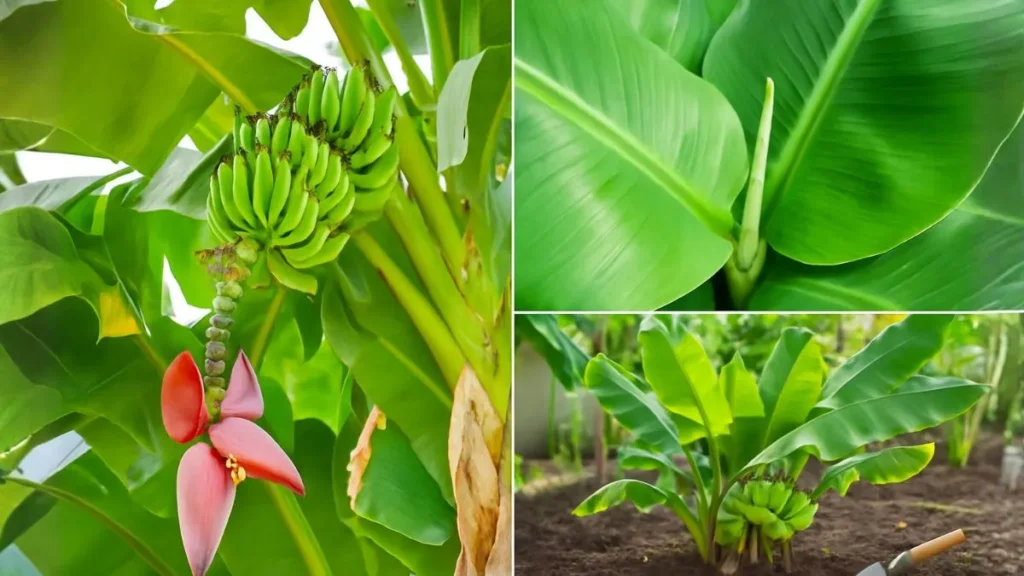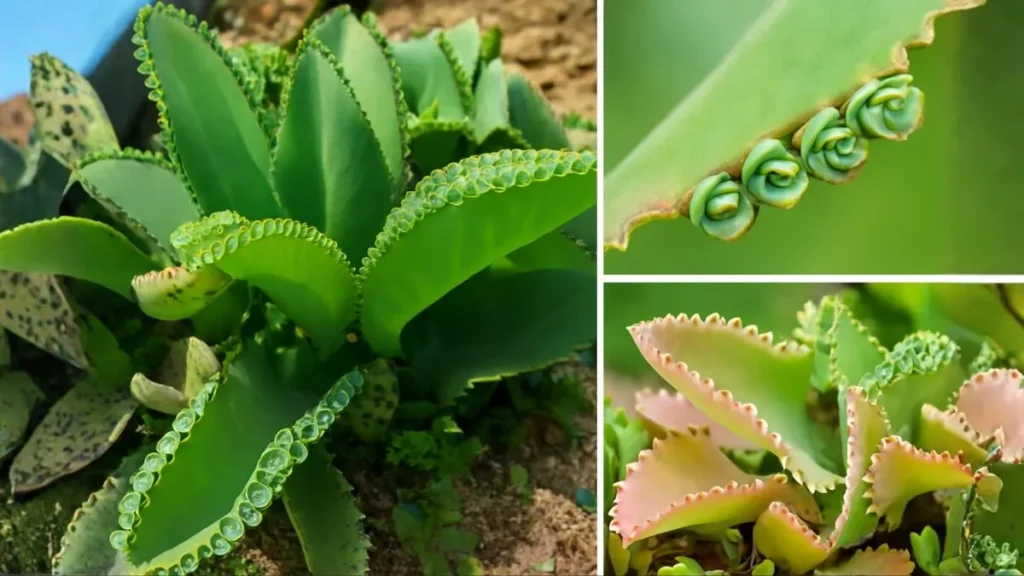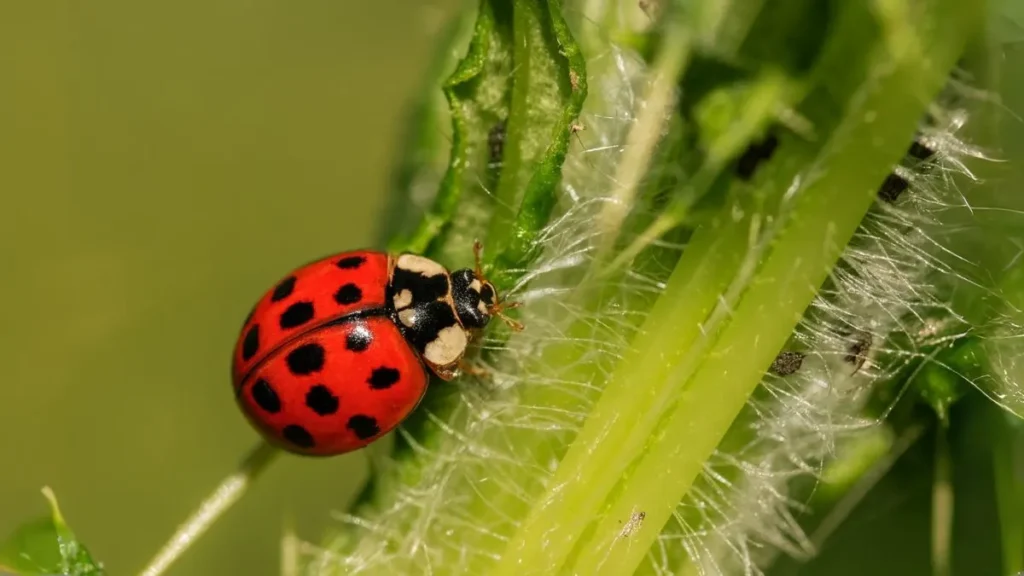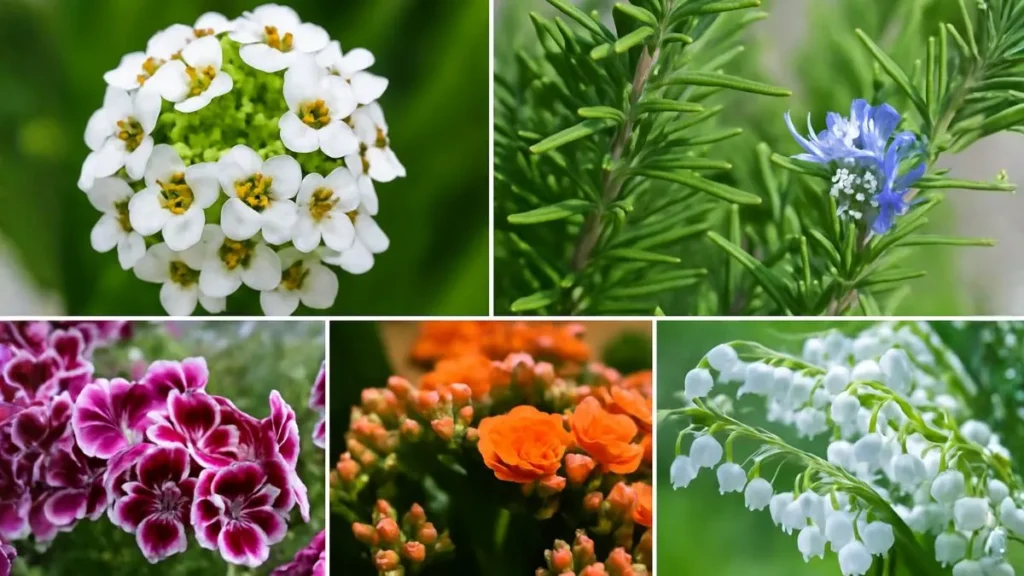Fertilizer choice plays a crucial role in gardening, as it will determine whether your plants will flourish or not. Most people still opt for synthetic fertilisers as they work faster. However, if you are after your plants’ long-term health and sustainability, organic fertilizers are infinitely better.
They serve multiple purposes by not only feeding your plants but also enhancing soil health due to improved structure, moisture retention, and better activities of the beneficial microbes.
This article will delve into what an organic fertilizer is, why you should use it, its benefits, some limitations, and how it affects popular flowers, vegetables, and fruits among Canadians and U.S. citizens.
Characteristics of Organic Fertilizers
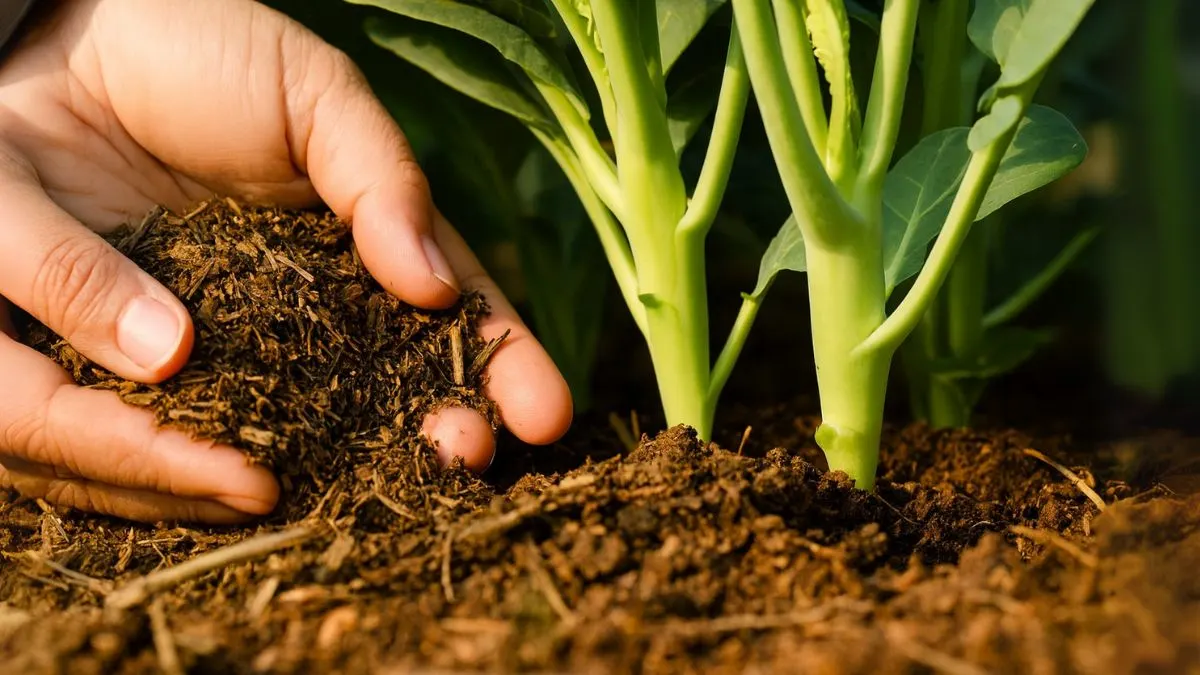
Unlike synthetic alternatives made of chemical compounds, organic options are ecological, environmentally friendly, and non-toxic. They are naturally sourced from compost, manure, seaweed, or bone meals.
It dissolves naturally without chemical pollution, enrich the soil, and promote plant growth and sustainability. They work slowly but provide stable nourishment that lasts longer.
Also Read: The Ultimate Do’s & Don’ts for Potted Chrysanthemums
Benefits
- Soil Health – Improves soil structure, automatically boosting plant growth.
- Strong Roots Develop – Encourages healthy, stable roots.
- Eco-friendliness – Ecological, environmentally friendly, and non-toxic. Unlike synthetics that leach chemicals into soil and groundwater.
- Long-term – Work slowly, promoting plant health for years. A sustainable solution vs. quick fix.
Constraints of Organic Fertilizers
- Cost – Higher than synthetics, especially for large-scale farming.
- Nutrient Content – Lower in nitrogen (N), phosphorus (P), and potassium (K).
- Slower Action – Results may take longer compared to synthetics.
✅ Despite this, the positives outweigh the negatives when considering soil and plant health long-term.
A Quick Comparison Table
Aspect |
Organic Fertilizers |
Synthetic Fertilizers |
Source |
Natural – compost, manure, seaweed |
Chemically synthesized |
Nutrient Release |
Slow and steady |
Quick burst |
Soil Effect |
Improves fertility, boosts soil life |
Can degrade soil over time |
Environmental Impact |
Eco-friendly, non-toxic |
Can pollute groundwater |
Price |
Higher upfront |
Lower upfront |
Plants That Do Well With Organic Fertilizer
- Indoor Prayer Plant – Thrives in organic soil, with moisture and bright leaves.
- Lupin Flowers – Organic feed ensures longer flowering and healthier soil.
- Guduchi Plant – Recognized in Ayurveda, flourishes with soil microbes encouraged by organics.
- Hawthorn Plants – Respond to compost with stronger branches and pest resistance.
- Redbud Trees – Popular in Canada & USA, organics promote strong roots and consistent blooms.
- Celery – Needs moisture and nutrients, organics improve soil structure and water retention.
- Amaranth – Can grow in poor soil, but with organic food becomes a nutrient powerhouse.
Also Read: How Banana Peels and Eggshells Can Transform Your Plants Overnight
Personal Experience
I once tried an experiment with gardenias:
- Half fed with chemical fertilizer → Bloomed faster but leaves turned yellow, soil dried out.
- Half fed with organic fertilizer → Took longer but showed sustainable growth and longer blooming.
This showed me that organic fertilizers nurture sustainability while synthetics give only quick results.
Conclusion
If you want healthy plants, stronger roots, and eco-friendly gardening, always choose organic fertilizers.
True, they may be more costly and lower in NPK nutrients than synthetics, but they give soil the nourishment it needs and grow better plants overall.
Whether you’re growing indoor plants, ornamental flowers, or vegetables in Canada, USA, or globally — transitioning to organic fertilizers ensures healthy, safe growth for your crops.
